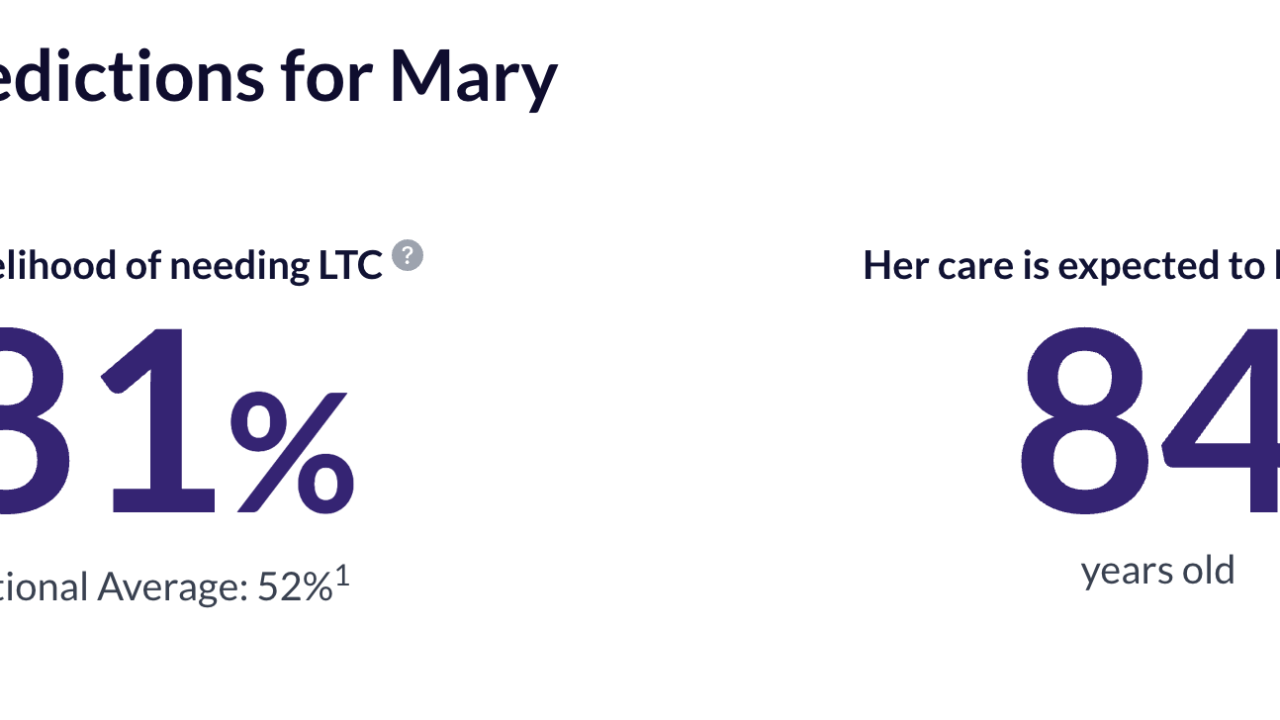
[Image: Fotolia]

Don't try to be everyone's friend.
[Image: Fotolia]

Fair and equal are not the same thing.
[Image: Fotolia]

Ask for feedback and input.
[Image: Fotolia]

Learn how to run a good meeting.
[Image: Fotolia]

Find time to relax.
[Image: Fotolia]

Find someone you can trust (and vent to) about work.
[Image: Fotolia]

Take every opportunity to improve your people skills.
[Image: Fotolia]

Learn how to say "no" comfortably.
[Image: Fotolia]

Understand how to manage change.
[Image: Fotolia]

Master the art of delegation.
[Image: Fotolia]





